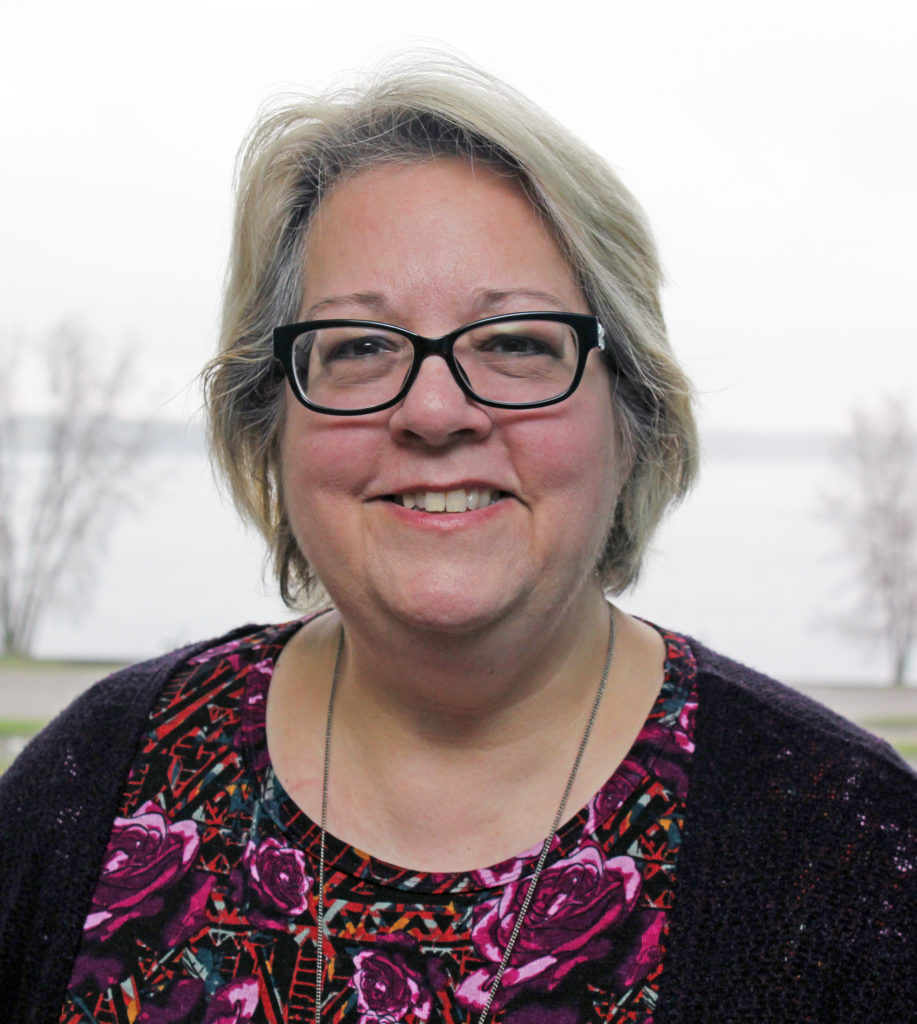By Beth Bolthouse, MA, MS, LPC
It feels like someone in Hollywood found a long-lost episode of The Twilight Zone and somehow plugged it into an outlet located beneath the surface of the earth. Here we are in 2020, no Rod Serling, no black and white tv, no piano doling out 4 little repetitive notes to warn us of impending danger – yet life feels as though we have been dropped into another type of dimension.
The surrealness of going from the day-to-day mundane routines into the suddenness of anxiety and unknowns as places get closed and stores run out of staples and people isolate with intention feels like something turned the world upside down and no matter how much we all try to get it to turn back right-side-up, we will never be able to.
Tonight, I sit in my recliner watching a press conference instead of welcoming folks into the Monday night grief group that has met regularly for nearly thirteen years. For me, as well as for those who attend often, tonight is a loss. This group is intended for adults whose loved one(s) have died, whether recently or a few years ago. We talk about our grief, share memories, sometimes tears and laughter, and most of all provide encouragement and emotional support to be able to get through the tough times and make it along this journey of grief.
Yet something else has died, too and I am not referring to a human death. Rather life as we knew it a couple weeks ago has ended. And we are grieving this new reality, this unwelcome change, this very real time of additional loss. And as with the changes which are a result of loss, things will never fully go back to the way they used to be.
This loss a type of disenfranchised loss – the kind that is not recognized as a loss, yet we are all grieving in various ways, perhaps not even realizing it. Take the people who raided the toilet paper shelves at every store and online site – perhaps because of the fear and anxiety which accompanies a loss that is not recognized or acknowledged. Or the woman in the checkout line who freaked out because a cashier did not use hand sanitizer before touching her groceries. Or the man who yelled at his child for taking the last bottle of water out of the fridge. These extreme reactions betray the fact that this experience is filled with losses:
- The loss of security
- The loss of safety
- The loss of trust
- The loss of normalcy
- The loss of freedom
- The loss of health
- The loss of stocked shelves
- The loss of confidence
- The loss of answers
(just to name a few)
We as a country, in our communities, as individuals and families are experiencing a tremendous amount of loss as a result of COVID-19 and not taking time to acknowledge it – which in turn intensifies the grieving we are all doing, and that increases the fear, anxiety and panic that can only take us deeper into negative realities.
So what do we do in response to all this disruption, turmoil, and unknowns?
The first best thing we can do is take a few moments to honestly acknowledge the losses we are all experiencing. To make a mental checklist, or better yet, to write down a list in a notebook or journal. Itemize the losses you are realizing on a daily basis and then add a brief sentence about how they each make you feel. For example:
- Loss of stocked shelves – I feel angry that I am unable to buy toilet paper anywhere and I worry about running out completely.
- Loss of freedom – I feel sad and frustrated that my plans for meeting a friend for coffee are not possible due to this virus.
- Loss of trust – I feel worried and concerned that I do not know who in the media or government is telling the full truth.
Continuing to acknowledge and validate the loss(es) and emotions you experience on a daily basis will most likely accomplish two things: 1) it will release what’s pent up and running through your mind already; 2) it will give you a sense of empowerment that comes from expressing your truth.
The second-best thing we can do is start a gratitude list – each morning write down the good things that have happened in the past 24 hours. Try not to be repetitive; reflect on yesterday and look throughout today for what you would like to include in your list the tomorrow morning. Some examples:
- I’m grateful to be able to see outside while I work from home.
- I’m grateful that Domino’s still has home delivery.
- I’m grateful that I can stay in my PJs while participating in a conference call.
- I’m grateful that we have not run out of toilet paper yet.
The reality in this time, this COVID-19 dimension, is that we will make it through – perhaps looking at life much differently than we ever have before. Yet bottom line we are not a virus – we are human beings capable of managing, maneuvering and navigating the hard and challenging things that life throws at us. Taking time to acknowledge both the losses and the blessings frees us to do what we do best – love each other with meaning and purpose so that when life returns to a type of “usual” we can be stronger than we ever were before this loss.
About the author
Beth Bolthouse, a Bereavement Counselor for the Scolnik Healing Center of Harbor Hospice has been in her counseling profession since 2003. She has a Masters of Counseling from Cornerstone University and Masters of Science in Thanatology from Marian University. She is an avid lover of dogs, the arts and West Michigan.
For over 37 years, Harbor Hospice has provided compassionate end of life care for terminally ill patients and their families, addressing medical, emotional and spiritual needs regardless of ability to pay. Serving residents of lakeshore West Michigan, their team of professionals and volunteers connect patients and families with resources to align their goals of comfort and improved quality of life.
As a leader now in palliative and hospice care, Harbor Hospice and Harbor Palliative Care is committed to alleviating patients’ symptoms and providing choices to help the patient achieve optimum well-being.

